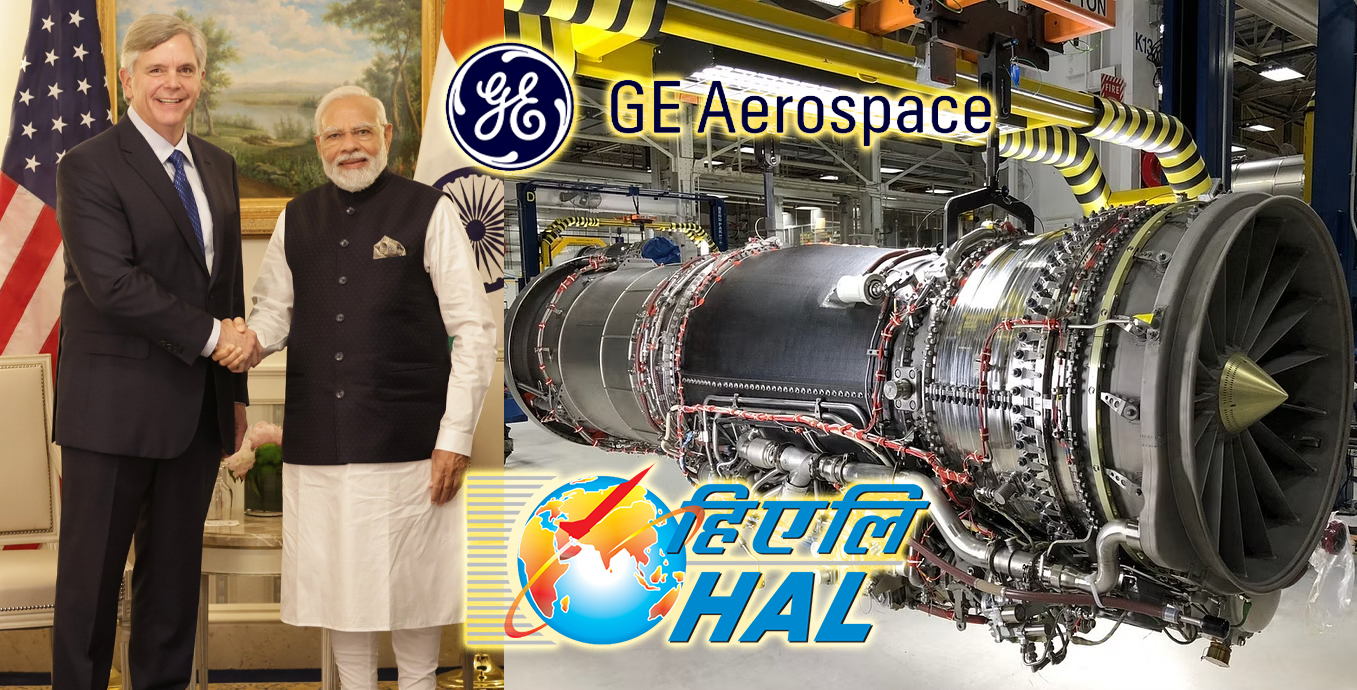SOURCE: AFI

As Indian External Affairs Minister S. Jaishankar prepares to meet U.S. Secretary of State Antony Blinken, fissures in the India-U.S. relationship have resurfaced, particularly over India’s ties with Russia. The timing is critical, given recent developments that have the potential to strain bilateral relations further.
One of the primary points of contention is the sale of the General Electric F-414 engines to India, which includes an 80% transfer of technology (ToT). This deal is crucial for India’s defense modernization and indigenous fighter jet programs. However, reports suggest that the U.S. might slow down the approval process for this sale, raising alarms within India.
Many in the U.S. Congress have expressed concern over Indian Prime Minister Narendra Modi’s visits to Russia and India’s continued engagement with Moscow. They demand that India clarify its stance, especially given the heightened geopolitical tensions following Russia’s actions in Ukraine. The U.S. has previously used its leverage over weapon supplies to influence India’s foreign policy decisions, and there is growing apprehension that it might employ similar tactics again.
The U.S. has a history of pausing or delaying military supplies to India when the two countries are at odds over international incidents. This pattern has led to skepticism in Indian strategic circles about the reliability of the U.S. as a defense partner. The potential slowdown in the F-414 engine sale is viewed by some experts as a maneuver to extract favorable policy shifts from India.
For India, the delay in the F-414 engine deal could have significant strategic repercussions. The engines are vital for the Tejas Mk2 fighter jet program and other indigenous defense projects. Any holdup could impede India’s defense capabilities and its broader goal of achieving self-reliance in military technology.
The upcoming meeting between Jaishankar and Blinken will be a crucial platform to address these concerns. India is expected to emphasize the importance of the F-414 engine deal and seek assurances against any further delays. Additionally, India will likely reiterate its balanced foreign policy approach, which includes maintaining strategic autonomy and diversifying its international partnerships.
Indian defense and foreign policy experts warn that leveraging defense supplies as a diplomatic tool could backfire. It could push India to expedite its efforts to diversify its defense procurement sources and reduce reliance on any single country. Furthermore, such actions might undermine the strategic trust built over years of cooperation between India and the U.S.